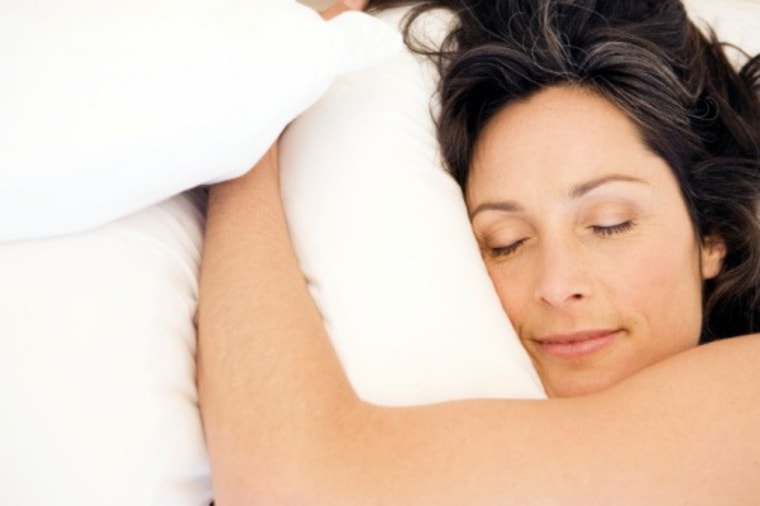Sleep restores us. And not getting enough of it can put us at greater risk of heart disease and cancer. Sleep even makes us smarter. Yet researchers are finding that more than 10 percent of the population is chronically sleep deprived.
If you're having trouble slipping into—and remaining in—Dreamland, don't dart straight to prescription sleep drugs, which can be habit-forming, harmful if you live with certain conditions, and even downright bizarre! (Some people develop sleep-eating and sleep-driving habits when using prescription sleeping pills.)
The good news is, science has found that many foods, drinks, herbs, and other natural sleep aids can help put you to sleep … naturally. In fact, just this summer, researchers made the connection between tart cherry juice and getting adequate shut-eye. Here are some natural food- and drink-based sleep aids.
How to recover from a sleep deficit
Cherries
In the small study, participants drank eight ounces of the tart cherry (also known as sour cherry) juice in the morning, and another eight ounces in the evening, for two weeks and reported better sleeping habits. Since all cherries are naturally high in melatonin, a compound that makes us sleepy, you can try eating a cup as a snack before it's time for shut-eye if you'd rather not drink the juice.
Get a good night’s sleep with skills, not pills
Fish
Certain fish and sea creatures contain sleep-inducing tryptophan, including shrimp, cod, tuna, and halibut. But since not all seafood choices are healthy for us (some are high in contaminants) or for the planet (many are overfished, or methods for catching them kill other species), stick to catches like Pacific cod from Alaska or pole-caught Albacore tuna from the U.S. or British Columbia.
Want healthy, safe seafood? Consult the Superfish list
Carb/protein combo
If keeping track of the latest safe seafood guidelines is too complicated, you can get your tryptophan fix from other things. You've probably heard that warm milk can help you sleep, since milk contains tryptophan. But the key is to combine carbs with a protein containing tryptophan to help your body better utilize the sleep inducer. Try pairing a cup of whole grain cereal with organic milk before bedtime.
Lemon balm
This lemon-scented member of the mint family has been a sleep-inducing superstar for ages. Other benefits include better digestion and decreased agitation. Try making lemon balm tea by steeping 1 to 2 teaspoons of the dried herb in 1 cup of hot water for 5 to 10 minutes. (If you take thyroid meds, talk to you doctor…drinking the tea could mean you'll have to adjust your dosage.)
Other herbs
If lemon balm's not your thing, another herb, sage, also works as a natural sleep aid. Just steep four tablespoons in a cup of hot water, steep for four hours, strain, and reheat to drink. Chamomile tea and valerian teas, other sleep inducers, are also more widely available pre-bagged in natural food stores, if you don't want to fuss with the aforementioned straining herbs.
